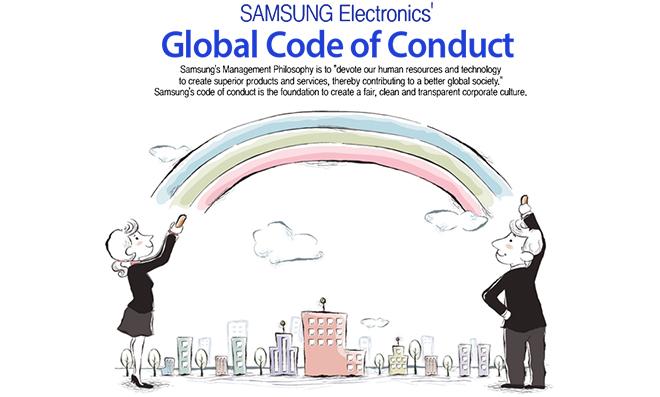Presiding Apple v. Samsung Judge Lucy Koh on Tuesday denied three Samsung motions meant to delay an investigation regarding the disclosure of confidential Apple-Nokia patent licensing terms, which were unlawfully shown to the Korean company's executives.
In the court order, Judge Koh not only denies two motions for relief and one motion to stay, but goes further by calling Samsung's actions up to this point inexcusable, reports FOSS Patents' Florian Mueller.
As Magistrate Judge Paul S. Grewal outlined earlier this month, Samsung counsel Quinn Emmanuel disclosed -- accidentally or purposely -- highly sensitive information to a number of its client's employees. Specifically, an unredacted document discussing the terms of Apple's confidential patent licensing agreement with Nokia was made available to Samsung licensing executives, as well as counsel handling other ongoing cases involving the iPhone maker.
The information was being used by a Samsung expert witness who had access to the data under a protective court order, meaning it should have been viewed only by outside counsel. After the document was disseminated, Samsung allegedly used its knowledge of the terms to gain an unfair advantage during licensing negotiations with Nokia in June.
Judge Grewal recommended in a subsequent order filed last week that Quinn Emmanuel admit to the violation, as existing evidence clearly pointed to a breach. Instead, counsel decided to bring the three motions to Judge Koh on Tuesday, saying Judge Grewal's findings were incorrect.
In lodging the motions, Quinn Emmanuel lawyer Susan Estrich attests that there was no wrongdoing on the part of her firm, as well as Samsung.
Mueller likens Estrich's argument to a divided infringement case in that "what happened shouldn't have happened, but two parties contributed to it in different ways and neither one is really guilty with respect to its contribution." In this case, Samsung's counsel did not intentionally divulge the confidential terms, while Samsung executives acted on the information without knowing it was obtained unlawfully.
Judge Koh was not impressed:
Samsung's exhibits to its motions for relief show that Quinn Emanuel did in fact improperly disclose information about the other Apple licenses to Samsung's employees.
The jurist also takes issue with the company's unwillingness to cooperate in discovery, which would help the court determine how the ill-gotten information was used and to what extent.
Perhaps most damning is the possibility that Samsung used the Apple-Nokia terms to bolster its claims in a separate ITC complaint. Apple previously stated it believed Samsung used the information to sway the trade body's decision. Judge Koh noted that, if true, such an act would be "particularly egregious."
A hearing will be held next week to further discuss the matter.



